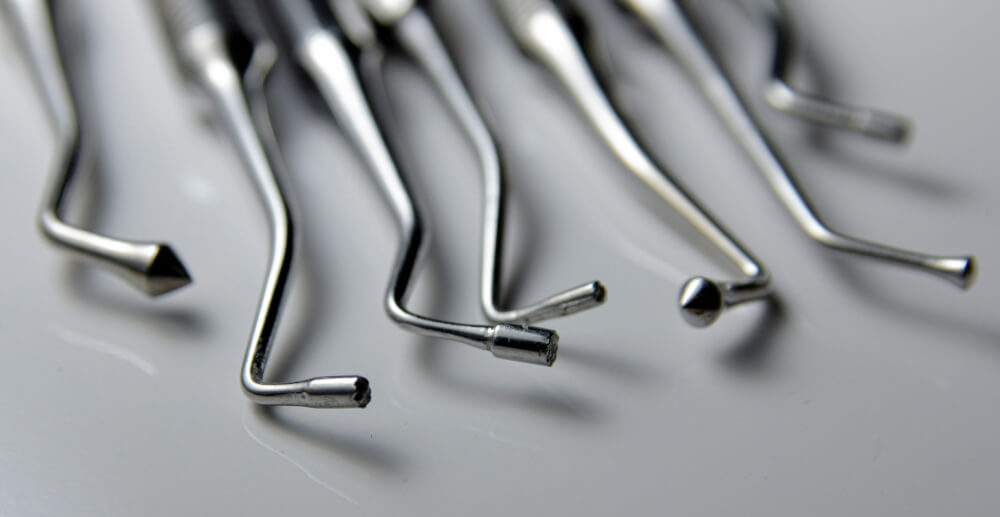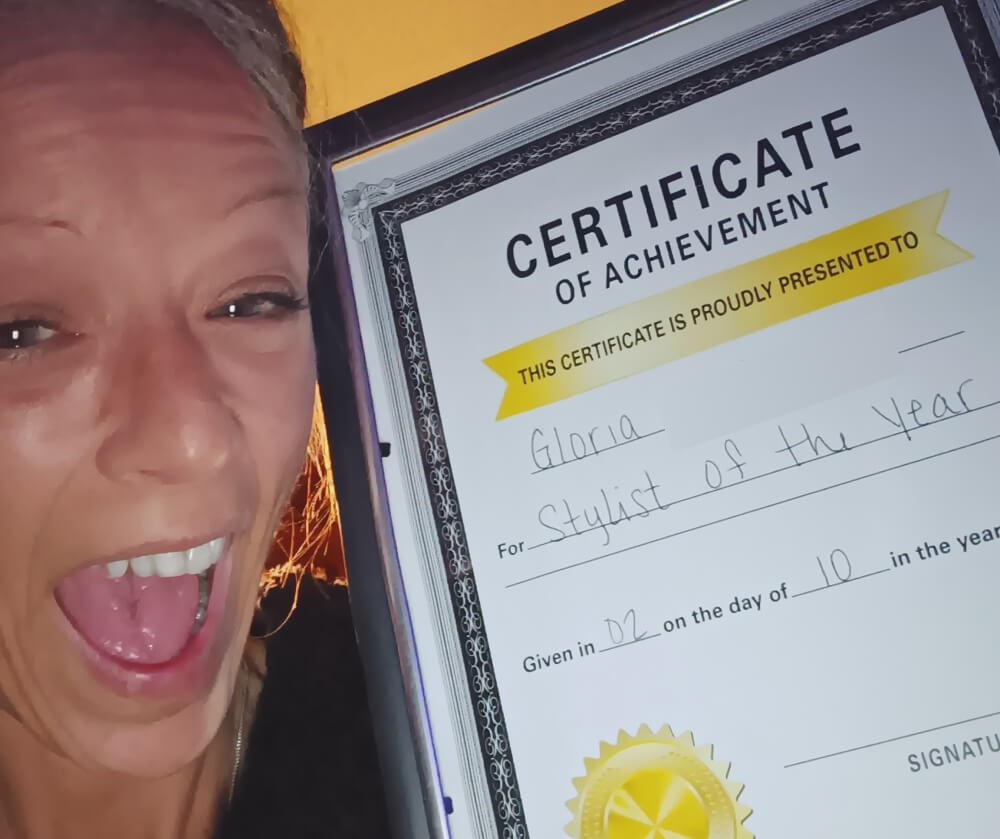The harsh reality of detoxing at home …
When I saw the news of Nelsan Ellis’s death, I knew.
I knew, but didn’t want to presume. A star blinks out like that, so young and so bright, and something unnatural has occurred. A force like black magic, like a rogue wave, with the power of an atomic bomb able to blow up careers and families and take bright shining young things from us just like that.
Nelsan Ellis’s death brings back Amy Winehouse’s, the day we played her music on repeat all day at my small boutique in California, each client shuffling in and out of the store as sad and confused as we were, like an accidental wake. Or Heath Ledger’s, or Philip Seymour Hoffman’s. Or Whitney’s. It makes me think of Cat Marnell’s poignant piece on Whitney and addiction, on which she talks about the frailty of stars in those last moments, doing drugs at home. In which she talks about the exhaustion that causes you to choose bathing over showering. The struggle to wash your hair when the dope is calling out to you. The privacy in which stars, addicted to drugs and alcohol, unable to reveal imperfections in public, leave us.
I don’t just grieve; I empathize
Nelsan Ellis died of detoxing from alcohol, at home, alone. The part of me that has been at home, alone, on my bathroom floor, too sick to reach a phone, breaks inside each time I hear this story.
It makes sense that in a world where so much is delivered to us at home, from alcohol to restaurant meals, from everything on Amazon to boxed ingredients to cook, we’d start wanting to detox there, too. When we thrive, we thrive on Facebook. We thrive on red carpets and in magazines. And when we’re in agony, when we’re frail and exhausted, we want to stay at home. Give us our bed and our dignity. There’s something immediately private about suffering.
Ellis’s family hopes his death serves as a cautionary tale, and I do too. Let’s examine where we’re asking people to detox. Access to adequate medical care outside of rehab facilities is vital for recovery, and for life. We’re losing people on bathroom floors and behind locked bedroom doors, hiding at their weakest moments, staying where they feel safe even if it is anything but. Let’s find them there. Let’s help them where they are.








